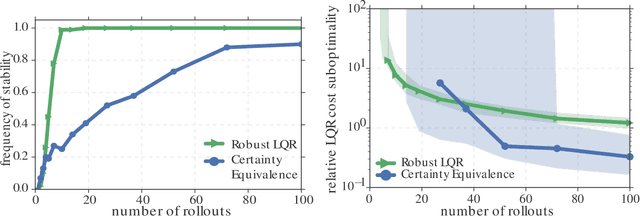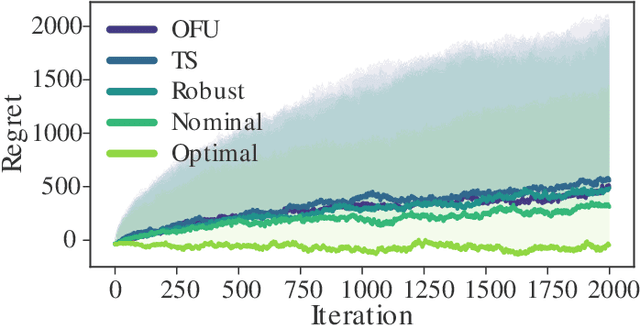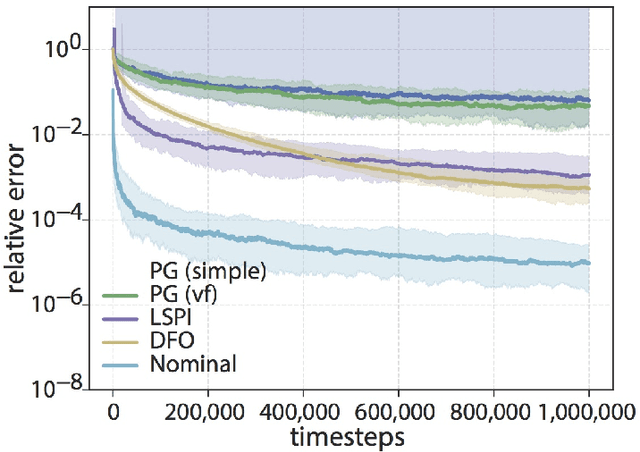From self-tuning regulators to reinforcement learning and back again
Paper and Code
Jun 27, 2019


Machine and reinforcement learning (RL) are being applied to plan and control the behavior of autonomous systems interacting with the physical world -- examples include self-driving vehicles, distributed sensor networks, and agile robots. However, if machine learning is to be applied in these new settings, the resulting algorithms must come with the reliability, robustness, and safety guarantees that are hallmarks of the control theory literature, as failures could be catastrophic. Thus, as RL algorithms are increasingly and more aggressively deployed in safety critical settings, it is imperative that control theorists be part of the conversation. The goal of this tutorial paper is to provide a jumping off point for control theorists wishing to work on RL related problems by covering recent advances in bridging learning and control theory, and by placing these results within the appropriate historical context of the system identification and adaptive control literatures.
 Add to Chrome
Add to Chrome Add to Firefox
Add to Firefox Add to Edge
Add to Edge